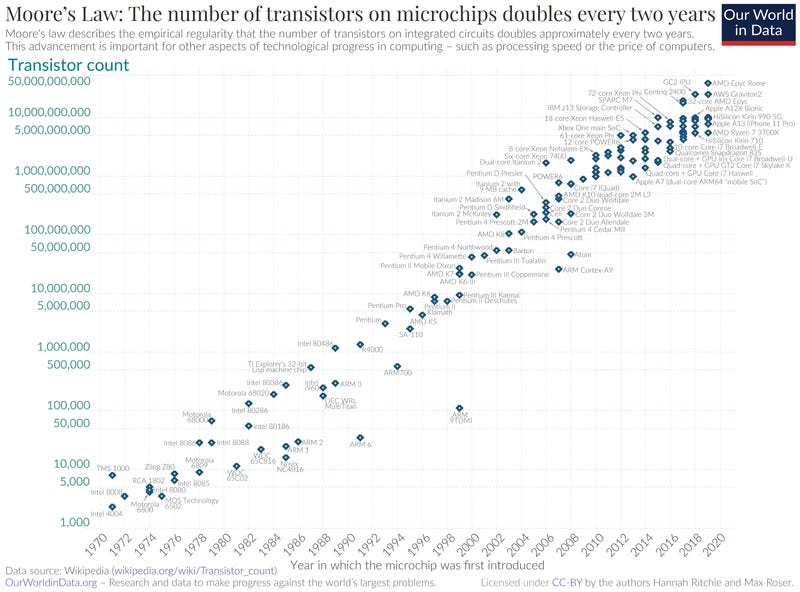
What Does a Fact Look Like?
Recently I read Frank Dikötter’s exhaustive and haunting The Cultural Revolution: A People’s History 1962-1976, and for several weeks afterward, doing as people do, I glumly repeated anecdotes from it, implying that the sudden turn to intolerance in Mao’s China in the years in question was paralleled by certain contemporary dogmas and prejudices. But I do not know for certain that any of the events Dikötter documents ever occurred; I do not know if the causes he ascribes to these events are the correct ones, or whether my adductions about the similarities between attitudes in Maoist China and the contemporary West are spurious; I do not know, strictly speaking, whether China even exists because I have never been there. Even if I had, it could always be that a vast conspiracy was underway to convince me of the existence of a phantom land called “China.”
This is no argument against positivism or in favor of systematic doubt (which is never systematic, but always tendentious, as we see in the post-structuralist suggestion that all discourses are historically determined except the one that says they are historically determined). It is simply a recognition of the limitations of the human mind as epitomized in David Hume’s dictum, “Nothing is demonstrable.” I have been thinking of this for various reasons: because of the effusion of lies, partisan insinuations, and bullshit that has trammeled political discussion in the United States over the past five years; because of the refusal of many ordinary people, but also of authorities who should know better, to allow evidence to temper instinct on coronavirus policy; and privately, because a person close to me is suffering from a form of dementia. While her grasp of what I and those close to her know to be true is irrevocably compromised, her certainty as to all the things she believes to be the case is no weaker, or less central to her sense of self, than mine. Her lapses are blatant, but they are the magnification of failings common to us all.




















